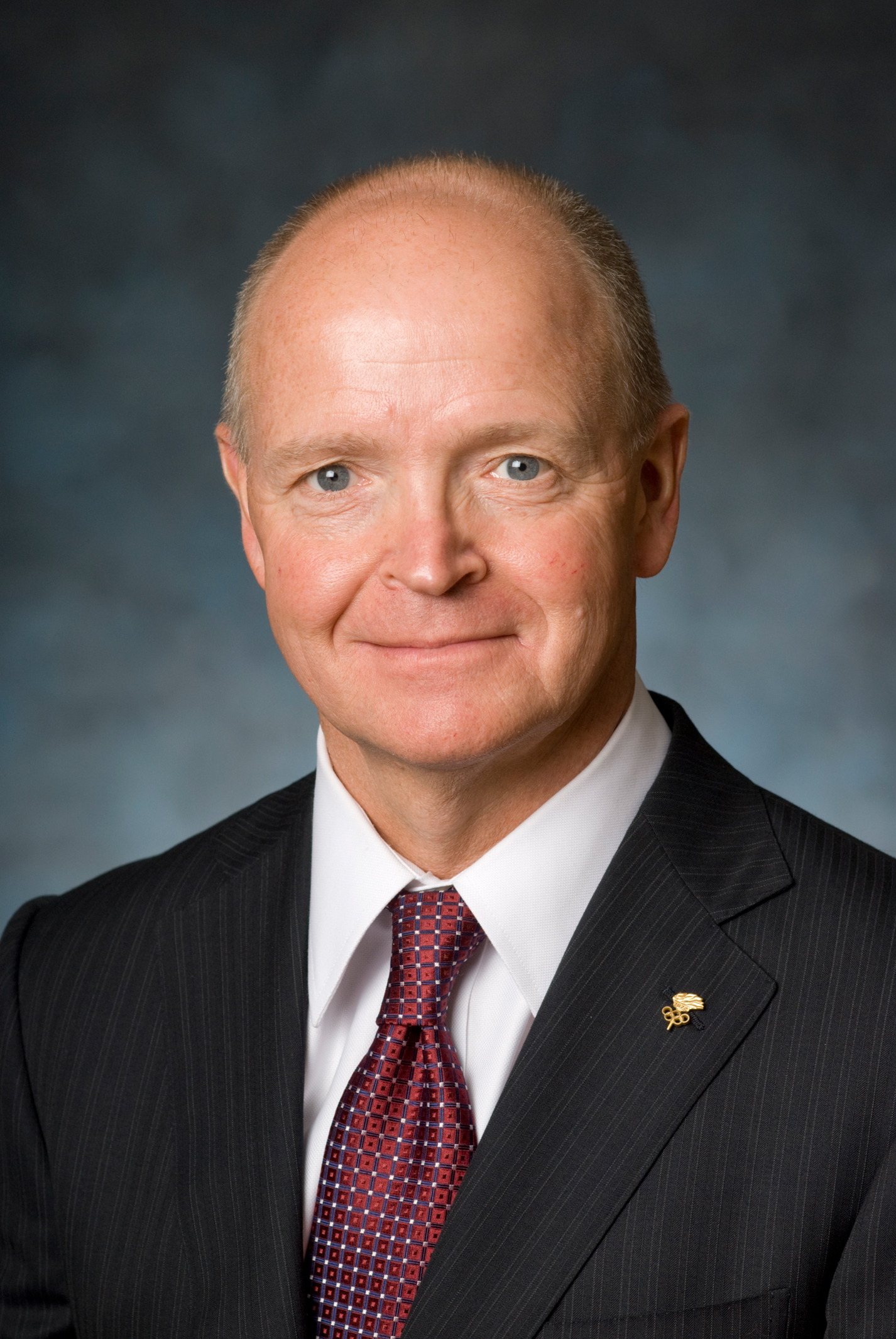A whole new ball game

We are currently in an era of worry for our economic future and for our children’s future—and this holds for most everyone in BC, across the country, and indeed around the world. The length of time, breadth, and depth of this economic turmoil is something that, in our lifetimes, we have never experienced. Our political leaders tell us to brace ourselves, to protect ourselves, and to be mindful of our finances. They tell us that things will get worse before they get better.
Leaders, both here and to the south, are calling on their citizens to band together and work as partners to bring us out of this dire situation. Even our prime minister is appearing to be a team player, posing for photos alongside various ministers, all with their sleeves rolled up ready to work on the nation’s problems.
When attending medical meetings across the province, I’m often asked how my year is going or what it is like to be president of the Association. I’ve come to see the BCMA as a team, and my role as coach has been to guide us along, encourage us to work together, and improve the practice situation for each of our member sections. As on any team, it’s not always easy for team members to get along, and problems will often arise. These problems are well known to those who follow the internal politics of the Association, who have kept current with the microallocation process, MOCAP arbitrations, and the PITO progression, and who are familiar with the government’s proposed scope of practice legislation. But we are moving forward in a positive direction. The GPSC, the Specialist Services Committee, and the Shared Care Committee were developed to address a number of physicians’ concerns, and their ongoing work is having success.
As political leaders in our nation’s capital band together—as do the leaders of our neighbors to the south—and ask the citizens to do the same, so must we. The principles of team play are important. If we aim our hostility inward, we impair our ability to work together and achieve our goals. If we cannot get beyond our issues from the past, we cannot effectively prepare for the future. The motto often used in sport is, “It’s a whole new ball game.” Past enmities are forgotten—if not forgiven—and players start from scratch with each new game. We must do the same.
The election for BCMA Board members occurs in a few short months. It takes a special person to choose to spend less time on clinical work, less time taking care of patients, and more time working to improve the profession as a whole so that in the end it’s a better system for everybody. Our Board members deserve recognition and our thanks because of their diligence and their desire to work for our members, with various committee groups, with each other, and with individual members to get the job done. Three Board members of particular note are the BCMA’s honorary secretary treasurer, Dr Lloyd Oppel, who has spent countless hours ensuring that scope of practice expansion for other health providers is done in a reasonable way; chair of the general assembly, Dr Ian Gillespie, who at every Board meeting strives to make certain moral justice and ethics prevail during all deliberations; and president-elect, Dr Brian Brodie, who has taken the lead on the PITO portfolio, ensuring steady progress to make it a reality.
It’s not news that the Association has had its share of trouble in the past few years. I, along with past presidents, have called on members to find a way to work out our differences and move forward in a united fashion. During President Barack Obama’s eloquent and inspiring inaugural speech, he stated, “On this day, we gather because we have chosen hope over fear, unity of purpose over conflict and discord,” at which time the crowd cheered loudly in agreement. I’d like to think that the doctors of BC can overcome past differences and unite so that we too can achieve a common goal. Actually, it’s imperative that we do.
—Bill Mackie, MD
BCMA President
